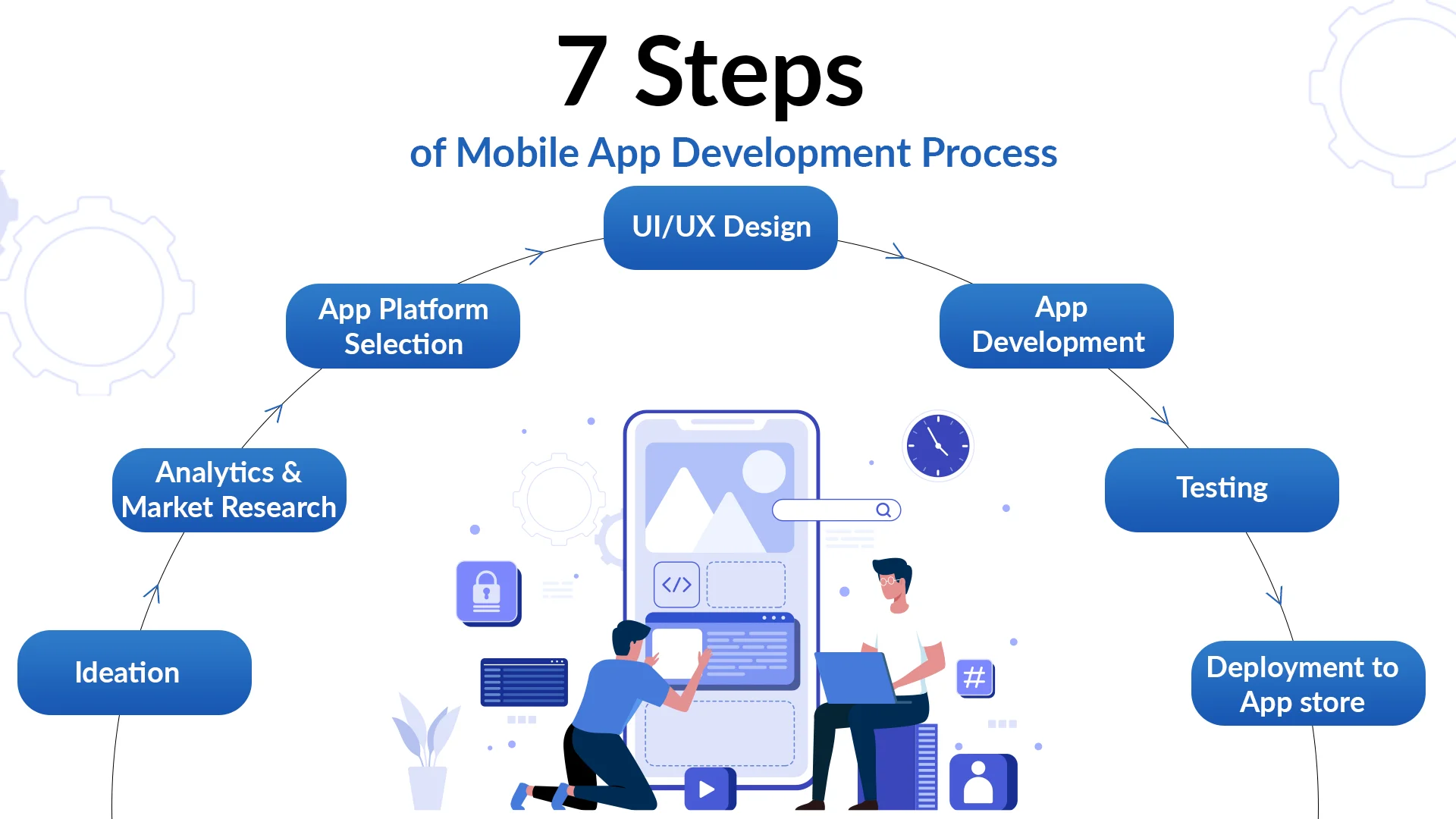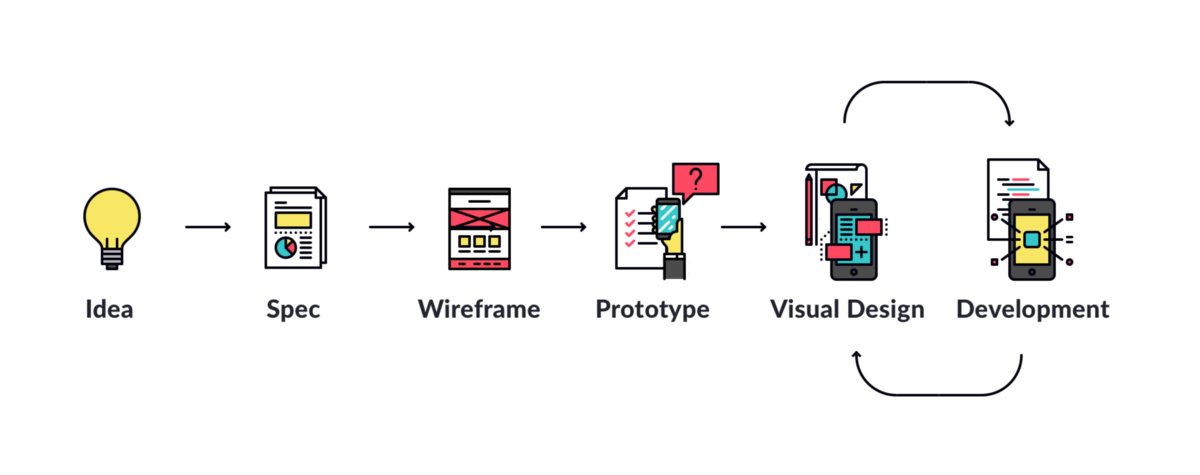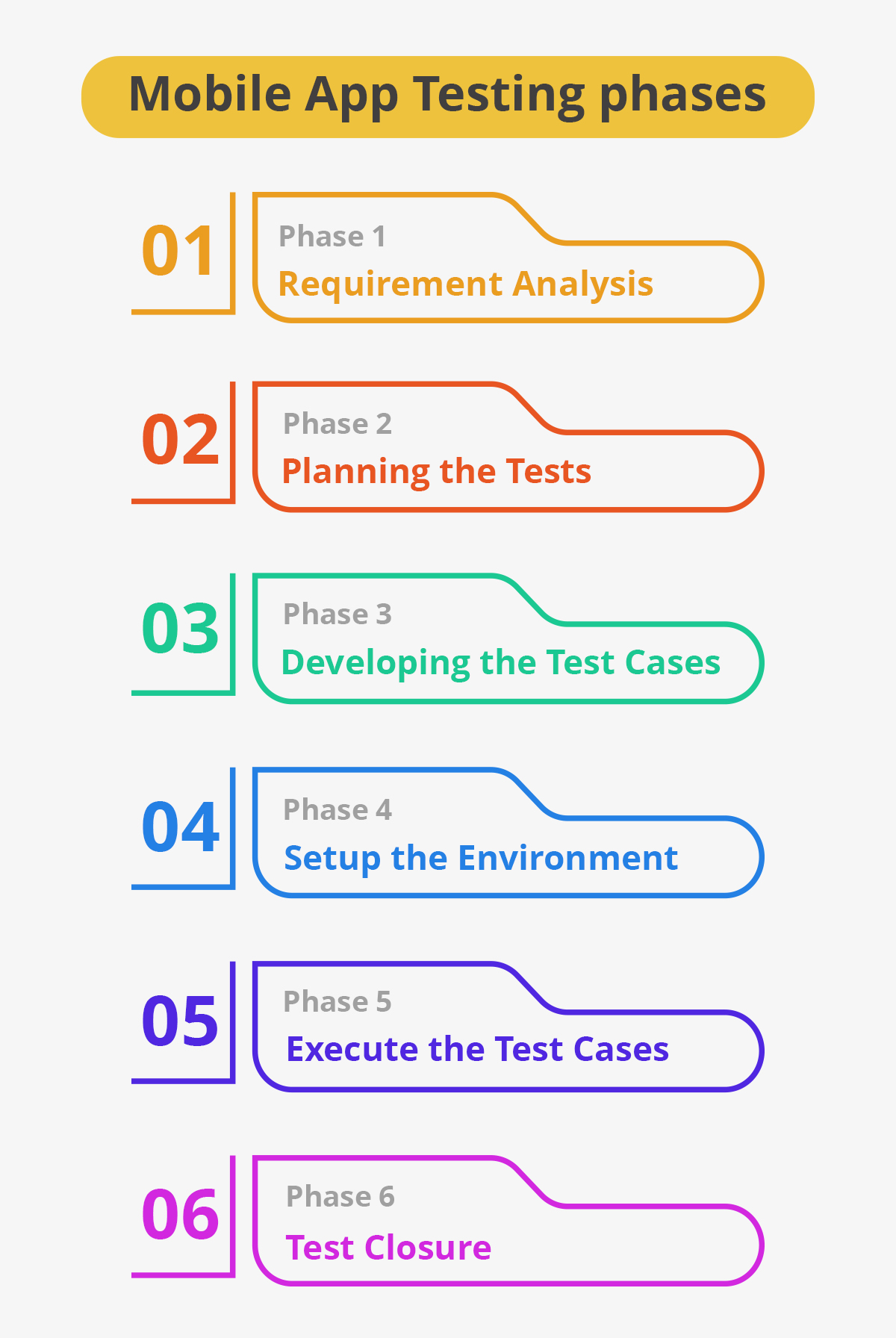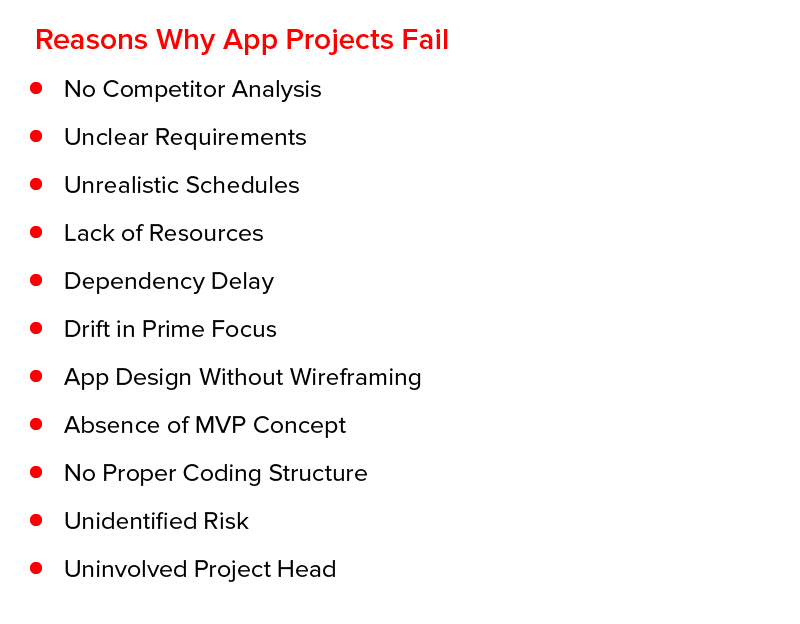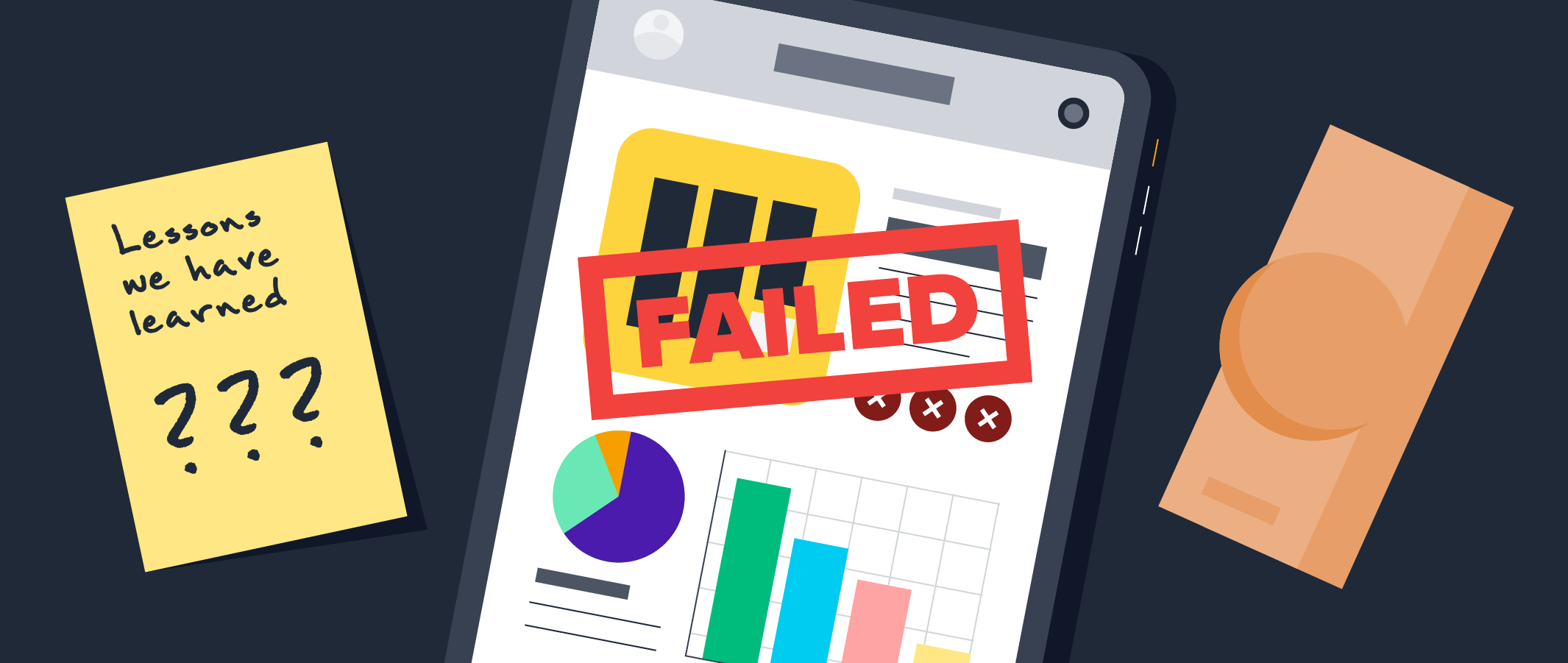Choosing the Right Phone App Development Company What to Know and Who to Consider
In today’s mobile-first world, building a quality phone app is often key to business growth, customer engagement, and staying competitive. But success isn’t just about having an idea; it’s about selecting the right partner to turn that idea into a well-designed, functional, scalable mobile application.
This article covers:
-
Why the choice of an ann PP development company matters
-
Key criteria for selecting a phone app development company
-
Typical services and pricing you’ll encounter
-
A list of reputable companies you can consider
-
Final tips and pitfalls to avoid
Let’s dive in.
Why the Choice of App Development Company Matters
Selecting the right phone app development company is not simply a matter of picking the lowest bid. Here are several reasons why this choice is critical:
-
Quality and user experience matter: Users expect smooth performance, an intuitive interface, fast load times, and minimal bugs. A sub-par app can damage your brand reputation.
-
Scalability & future updates: Mobile apps often need to grow, be maintained, and support new OS versions or devices. A company that designs with the future in mind saves you major headaches.
-
Time to market: Many businesses need their app launched quickly to capture a market window. The right partner will have processes and an experienced team to deliver fast without compromising quality.
-
Communication & transparency: App development involves many steps (design, development, testing, deployment). A good company keeps you in the loop, uses clear project management, and fits your preferred way of working.
-
Post-launch support & maintenance: After launch, you’ll still face issues (bug fixes, OS updates, feature enhancements). The company you pick should offer support or at least help you transition.
As one guide puts it, building an app is easy. Building one that actually drives business results? That’s where things get serious. Bitcot
What to Look for in a Phone App Development Company
Below are 8 key criteria you should use to evaluate potential companies.
1. Portfolio & Relevant Experience
Look for companies that have built apps similar to what you need, be it e-commerce, healthcare, fintech, games, or enterprise utilities. Review their case studies, live apps, and client testimonials.
Directories like Clutch show lists of top mobile app development companies.
2. Technical Skills & Platform Coverage
-
Are they building for iOS, Android, or cross-platform (e.g., React Native, Flutter)?
-
Do they support back-end, API integration, and third-party services?
-
How about newer technologies (IoT, AR/VR, AI) if your app needs it?
For example, one company promotes end-to-end services including UX/UI, mobile development, cloud integration, and analytics.
3. Development Process & Communication
-
Do they use agile methods, sprint reviews, and regular updates?
-
Are they transparent about timelines, dependencies, and risks?
-
What’s their communication style (meetings, chat, documentation)?
A Reddit discussion emphasizes the importance of evaluating communication and process.
4. Cost, Engagement Model & Budget Fit
Mobile app development costs vary considerably by region, complexity, and features. For instance:
“In the USA… for a simple app you may have to spend around $50,000, while enterprise-grade apps can be $150,000–$359,000.”
Check how the company charges: hourly vs fixed cost, milestone payments, cost for maintenance.
5. Post-Launch Support & Maintenance
Your app’s success doesn’t end at launch. You may need:
-
Bug fixes and OS updates
-
Feature enhancements
-
Performance monitoring and analytics
Ask if the company offers a maintenance contract or is willing to provide ongoing support.
6. Security, Compliance & Quality Assurance
If your app handles sensitive data (personal info, payments), you must ensure:
-
Secure coding practices
-
Data encryption & compliance with regulations (e.g., GDPR)
-
Thorough testing (functional, UI, performance, security)
Selecting a firm with a strong QA process is essential.
7. Scalability & Future Growth
Will your app need to support thousands/millions of users? Features like offline mode, push notifications, analytics, and scaling server infrastructure: check for this.
Being prepared for growth saves re-architecting later.
8. Fit & Culture
Finally, the cultural fit matters. Do you feel comfortable working with the team? Are you aligned on timelines, quality standards, and the vision of the app? If not, even a technically good company may misdeliver.
Typical Services & Pricing Breakdown
Here’s a rough breakdown of what you might expect when working with a phone app development company:
Services
-
Strategy & Discovery: Defining the concept, target audience, features, and roadmap.
-
UX/UI Design: Wireframes, mock-ups, user flow, prototype.
-
Development: Coding for iOS/Android or hybrid; back-end services, APIs.
-
Testing & QA: Manual & automated testing, usability testing, bug fixes.
-
Deployment: Publishing to App Store, Google Play, setting up analytics, and launch support.
-
Maintenance & Updates: Ongoing support, feature updates, OS compatibility, analytics.
Pricing
-
Costs vary widely by region, complexity, and team size.
-
Example: In the USA, for mobile app development: “a simple app around $50,000 … enterprise-grade up to $359,000.”
-
Hourly rates vary widely. You might find lower-cost regions that offer good quality.
-
Always ask for a detailed breakdown: what features, what devices, what testing, what maintenance is included.
Timeline
-
Simple apps can often be built in 3-4 months.
-
Mid-sized apps: 4-7 months.
-
Large enterprise apps (multiple platforms, complex features) could take 8-12 months or more.
Reputable Phone App Development Companies to Consider
Here are a few companies that are often mentioned among the top players in mobile app development in 2025. This is not an exhaustive list, but it gives you some direction to explore.
-
TechAhead – A U.S.-based firm noted for mobile app development & digital transformation, with strong partnerships (e.g., Microsoft, Google) and a wide service offering.
-
Konstant Infosolutions – Often cited in top “mobile app development companies” lists.
-
Appinventiv – Appears in rankings; strong for startups and businesses seeking mobile app solutions.
-
OpenXcell – Known for mobile app development globally.
When you contact any of these (or others), ask for: recent case studies, references, live apps they built, their process, timeline, cost estimate, and maintenance/support terms.
Final Tips & Common Pitfalls to Avoid
Tips
-
Define your core features before engaging a company. If you can, prepare a “minimum viable product” (MVP) concept to test the market first.
-
Budget realistically and include a buffer for unplanned challenges (device compatibility, OS updates, performance tuning).
-
Check the live apps they have developed. Download and test them: how do they feel, perform, load?
-
Ask about post-launch support: Will you need to pay extra after launch? Who owns the code? Will you be able to update easily?
-
Communicate clearly: Ensure you have a project manager or contact who updates you regularly. Clarify how you’ll track progress.
-
Prioritize user experience: As good design & usability often differentiate success from failure.
-
Think long-term: Even simple apps may need updates; choose a partner who can grow with you.
Pitfalls to Avoid
-
Choosing solely based on the lowest cost. You might pay more later via poor quality, rework, or poor user feedback.
-
Ignoring maintenance and future updates. Launch is just beginning; it doesn’t guarantee success.
-
Lack of transparency on timeline and deliverables. Vague commitments can lead to delays and overruns.
-
Not validating performance on actual devices. Emulators and ideal conditions sometimes hide real-world issues.
-
Neglecting user feedback and analytics post-launch. Without that, the app may stagnate.
Conclusion
The mobile app market is crowded, fast-moving, and highly competitive. To make your app stand out, you not only need a strong idea but also the right partner to execute it well. By carefully evaluating app development companies against the criteria above, reviewing portfolios, checking processes, budget, and support, you increase your chances of launching a successful app.
Whether you’re a startup testing a new concept, or an enterprise building a full-scale mobile solution, the approach remains similar: clarity in vision → selecting a capable partner → focusing on UX & quality → planning for post-launch growth.
If you like, I can research 10 specific mobile app development companies (with region, cost estimate, specialization) tailored for your budget and project type. Would that be helpful?

